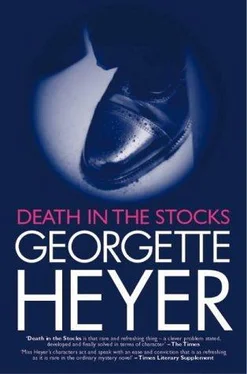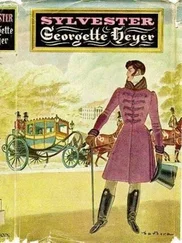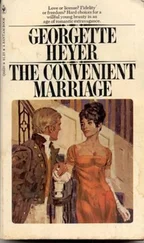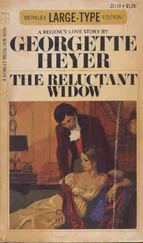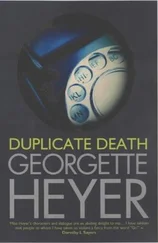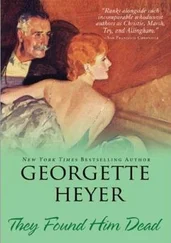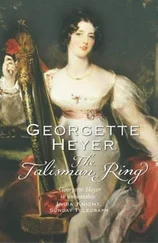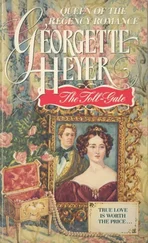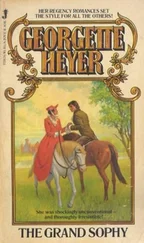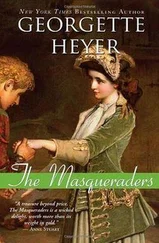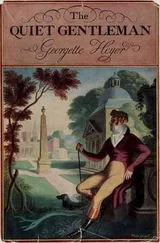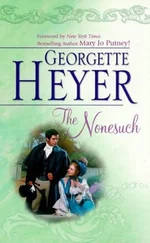“Bless you, darling,” said Kenneth, blotting his receipt. “What a commonplace mind there is behind that lovely face!”
She flushed. “If you think me commonplace I wonder you want to marry me.”
“I've explained it to you before, my sweet. I worship beauty.”
“Yes, so you say, but I notice that doesn't hinder you from running after perfectly ordinary-looking girls like Leslie Rivers.”
“Jealous little cat,” he remarked. “I've known Leslie for years. There you are, Giles. I'll pay it back as soon as I touch. Thanks, by the way. I can now buy you a vulgar ring, beloved.”
“I don't want a vulgar ring, I can assure you. Simply because I happen to prefer diamonds to any other stone -”
“You shall have a slab of a diamond, my pet. A large, table-cut one, which no one could possibly suppose a fake because it's so improbable.”
“Are you going to blow the whole of that on a ring?” inquired Giles.
“I should think so,” replied Kenneth. “Because if I'm the heir the bills can wait over. And when I get my hands on the Vereker fortune, Violet, you shall have a string of pearls as well, and some carved jade ear-rings. How's that?”
“I shall love the pearls, but I don't know that I care awfully for jade. You see such a lot of it about.”
“God help the poor wench!” groaned Kenneth.
Giles screwed on the cap of his fountain pen.
“Postpone hostilities till I've gone,” he requested. “You haven't forgotten it's the Inquest tomorrow, have you, Tony?”
“As a matter of fact, I had, but I remember now that you mention it. You said you'd run me down in your car. Do you mind if I bring one of the dogs?”
“Yes, I do. I'll call for you round about ten o'clock. Show me out, please. Good-bye, Miss Williams: so long, Kenneth.”
Antonia took him out into the hall “Giles, I've made the most shattering discovery,” she said awe-inspiringly.
“Good God, Tony, what is it?” he asked, amused.
“Rudolph and Violet. Soul-mates. I can't think why I didn't realise it before. They've got the same type of mind. Do you think I ought to point it out to them?”
“No, I don't,” he said firmly. “I should leave them to find it out for themselves. Do you really mean to marry Mesurier?”
“Well, I thought I did,” she replied, wrinkling her brow. “He can be awfully attractive, you know, though I must say he doesn't shine much under adversity.”
“Tony, you impossible brat, are you in the least in love with him?”
“I don't quite know,” said Antonia sadly. “To tell you the truth, Giles, I'm not at all sure what being in love is like. I thought I was at one time, but I seem to have gone off Rudolph a bit lately. It's really very difficult.”
“I should give him the push if I were you,” he recommended.
“No, you wouldn't. Not when he's in trouble,” said Antonia.
“Then the sooner he gets out of trouble the better.”
“Yes,” she agreed. “But the question is, will he get out of it? That car alibi is all very well, but the more you think of it the more you can't help suspecting that there's a snag in it if only you could find it. You know, this rotten murder's beginning to be a scourge instead of a blessing. Who did it, Giles? Have you got any idea?”
“No, none at all. I have a feeling that we aren't anywhere near the truth yet. It wouldn't surprise me if something totally unexpected cropped up suddenly.”
“Oh, why?” she asked, interested.
“I don't know,” said Giles Carrington. “Just a pricking in my toes.”
The Inquest, held at Hanborough next morning, was not productive of any new evidence. Antonia professed herself frankly disappointed, though she listened with interest to the news that the murdered man's hands had borne traces of having done some repair on a car. When it was disclosed that the spare wheel on Arnold Vereker's car was flat, and showed a bad puncture, she leaned towards her cousin and whispered: “That dishes Kenneth's theory, anyway.”
She gave her own evidence with a cheerfulness which, combined with the absence of decent mourning, rather shocked the members of the jury. To Giles Carrington's relief she was not at all truculent. She answered the Coroner with a friendliness which was due, as she afterwards explained to Giles, to his likeness to the veterinary surgeon who had attended Juno's last accouchement.
It was evident that neither the Coroner nor the jury knew what to make of her, but her unconventional attitude towards Superintendent Hannasyde, whom she greeted, when he rose to put a question to her, as an old and valued acquaintance, made quite a good impression.
Rudolph Mesurier was not called, nor was his name mentioned, and the proceedings terminated, as had been foreseen, in a verdict of Murder against a Person or Persons Unknown.
Coming out of the Court-room Giles Carrington fell in beside Hannasyde, and murmured pensively: “It's the perfect crime, Superintendent.”
Hannasyde's slow smile crept into his eyes. “Nasty case, isn't it? What's happened to your disarming client?”
“Gone to the Police Station,” replied Giles, with complete gravity, to give Sergeant - “I'm afraid I've forgotten his name, but he breeds Airedales - an infallible prescription for the cure of eczema. Mesurier turned out to be a bit of a red herring, didn't he?”
“Oh, you spotted the snag, did you?” returned the Superintendent. “I thought you would. I'm satisfied, by the way, that he was not in his rooms between twelve and two that night, but at first glance that doesn't seem to help much. Sergeant Hemingway here, however” - he indicated his bright-eyed subordinate - “thinks there might be a way out of it. We shall see.”
“Several ways,” said Giles, nodding to the Sergeant. “We discussed them all ad nauseam last night. But, speaking for myself, I don't like the idea of an accomplice.”
“No, sir,” said the Sergeant instantly. “Not in a murder case. That's what I say. But that isn't to say it couldn't have been done without, not by a long chalk.”
Giles was looking at Hannasyde. “You don't much fancy Mesurier, do you?” he said.
“I don't know that I fancy anybody much,” answered Hannasyde. “One thing seems fairly certain, though. Whoever murdered Arnold Vereker was a very cool, clever customer.”
“I rather think that rules out Mesurier then,” said Giles. “He's neither cool nor clever.”
“You can't go by how he acts now, sir,” said the Sergeant. “Some of the wiliest of 'em lead you up the orchard by making out they're so silly they couldn't tread on a black beetle without carrying bits of it all over the house for hours after. He was cute enough, the way he cooked the Company accounts.”
Giles took out his cigarette-case and opened it. “All carefully planned,” he said. “Not done in the heat of the moment.”
The Superintendent nodded, but Sergeant Hemingway pursed up his lips. “It looks like it was coldblooded,” he said, “but you can go astray on that line of reasoning. Some people lose their heads when they're all worked up, but there's others as don't. Seem to get needle-sharp. Same effect as taking a pinch of cocaine - not that I've ever done so, but that's the effect they say it has. Comes in psychology - which the Superintendent here doesn't hold with.”
Hannasyde smiled, but declined the gambit. His shrewd grey eyes were on Giles's face. “What have you got up your sleeve, Mr Carrington? Are you going to spring something new on us?”
“Oh, no!” said Giles. “But I became prophetic yesterday, and the fit hasn't passed yet. Something is going to turn up.”
The Sergeant was interested. “Kind of premonition?”
Читать дальше
